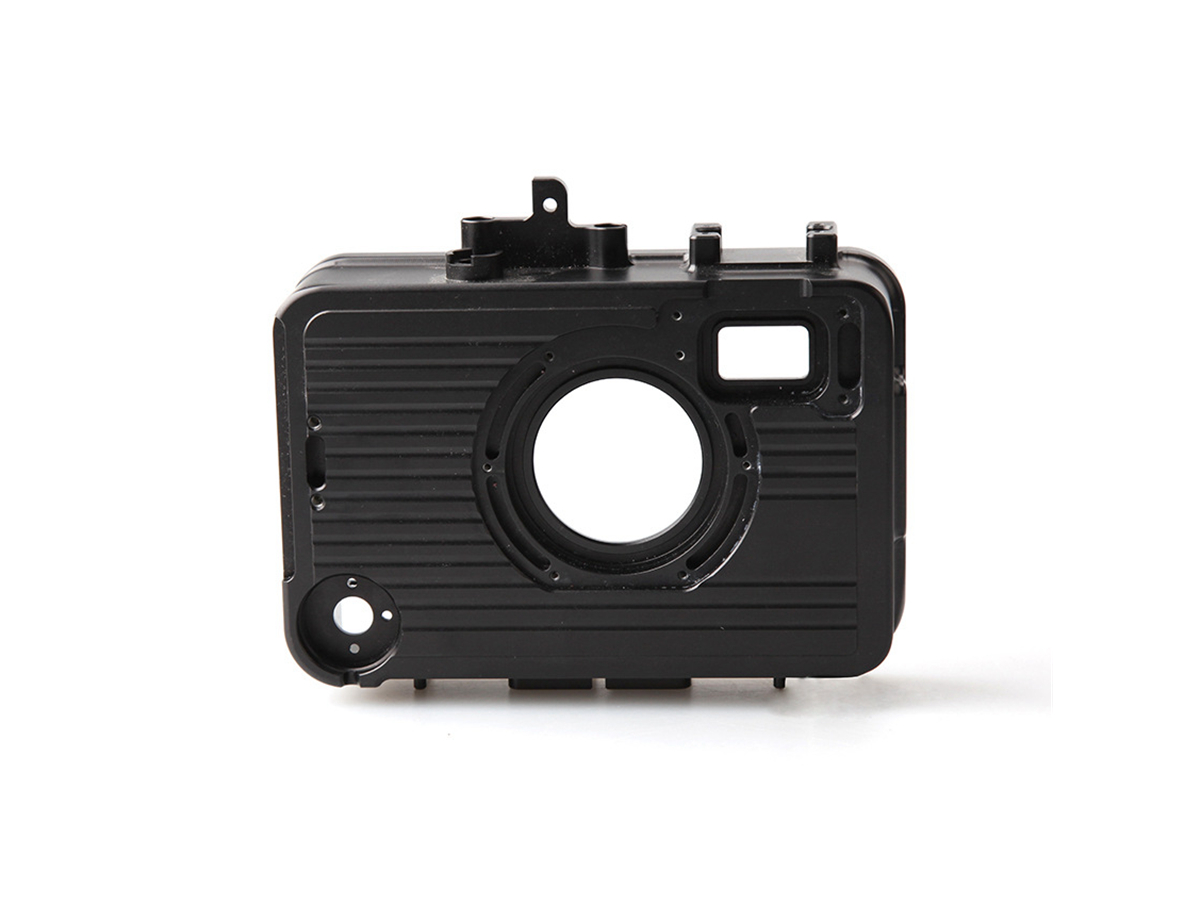Plastic Precision Machining: Transforming Consumer Products in the Modern Era
Revolutionizing Consumer Goods with Advanced Plastics
The demand for lightweight, durable, and cost-effective consumer products has driven innovation in plastic machining. Precision CNC machining services enable complex geometries with ±0.02mm tolerances, which is critical for smart devices and wearable tech. From ABS smartphone cases to PEEK medical components, engineered plastics constitute 40% of consumer product materials by volume.
The rise of IoT and miniaturization requires materials that balance performance and manufacturability. Advanced multi-axis CNC machining produces intricate parts like drone housings and hearing aids with Ra <0.4μm surfaces, reducing assembly time by 30% compared to traditional methods.
Material Selection: Engineered Plastics for Modern Applications
Material | Key Metrics | Consumer Applications | Limitations |
|---|---|---|---|
40 MPa tensile strength, 80°C HDT | Electronics housings, toys | UV degradation without coating | |
85 MPa tensile, 15% moisture absorb | Gears, snap-fit connectors | Dimensional instability in humidity | |
100 MPa tensile, 250°C continuous use | Medical devices, aerospace gears | High material cost (~$500/kg) | |
70 MPa tensile, 140°C HDT | Optical lenses, safety goggles | Prone to stress cracking with chemicals |
Material Selection Protocol
High-Volume Consumer Electronics
Technical Basis: ABS (UL 94 HB) provides impact resistance for phone cases. Post-machining UV coating enhances scratch resistance by 80%.
Validation: Meets IEC 62368-1 safety standards for electronic enclosures.
Medical Wearables
Scientific Rationale: PEEK (ISO 10993 biocompatible) withstands 300+ autoclave cycles. Precision micro-machining achieves 0.1mm fluid channels in insulin pumps.
Outdoor Equipment
Strategy: Nylon 66 with 30% glass fiber improves stiffness by 200% for drone arms, surviving -40°C to 80°C ranges.
CNC Machining Process Optimization
Process | Technical Specifications | Consumer Applications | Advantages |
|---|---|---|---|
±0.02mm tolerance, 10,000 RPM | Smartwatch bezels | Cost-effective for medium batches | |
0.005mm surface accuracy, 20,000 RPM | Ergonomic tool grips | Single setup for complex curves | |
0.1mm kerf width, 1μm repeatability | Thin-film keyboard membranes | No tool wear for delicate materials | |
0.1mm wall thickness, <24h lead time | Cosmetic packaging | Bridges design to mass production |
Process Strategy for Wireless Earbud Cases
Rough Machining
Tooling: 2-flute carbide end mills remove 70% of material from polycarbonate blanks at 50 m/min.
Semi-Finishing
Precision: 3-axis dynamic milling achieves ±0.05mm hinge socket dimensions.
Surface Refinement
Technology: Diamond micro-milling creates Ra 0.2μm mating surfaces.
Aesthetic Treatment
Coating: Metallic PVD applied for scratch-resistant logos.
Surface Engineering: Enhancing Plastic Performance
Treatment | Technical Parameters | Consumer Benefits | Standards |
|---|---|---|---|
Al₂O₃ 220 grit, Ra 1.6-3.2μm | Anti-slip grip surfaces | DIN 8201 | |
Nickel 10μm + chrome 0.3μm | Metallic finishes for luxury goods | ASTM B456 | |
20W fiber laser, 0.05mm depth | Permanent branding/QR codes | ISO 13485 | |
50-100μm PU layer, Shore A 60 | Premium tactile feel | REACH SVHC compliant |
Coating Selection Logic
Wearable Devices
Solution: Hydrophobic nanocoatings reduce water absorption in fitness trackers by 90%.
Kitchen Appliances
Technology: FDA-approved epoxy coatings withstand 1,000 dishwasher cycles on blender components.
Quality Control: Consumer Product Validation
Stage | Critical Parameters | Methodology | Equipment | Standards |
|---|---|---|---|---|
Material Certification | Melt flow rate (ASTM D1238) | Capillary rheometry | Tinius Olsen MP1200 | ISO 1133 |
Dimensional Inspection | 0.02mm wall thickness uniformity | Optical comparator | Mitutoyo QV-Apex 302 | ASME Y14.5 |
Functional Testing | 50,000 open/close cycles | Automated actuation rig | Zwick Roell BT1-FR0.5TN | IEC 61058 |
Chemical Resistance | 24h exposure to cosmetics | Gravimetric analysis | Mettler Toledo XPE205 | ISO 175 |
Certifications:
ISO 13485:2016 for medical device components.
UL 94 V-0 flammability compliance for electronics.
Industry Applications
Smart Home Devices: ABS voice assistant housings with laser-etched touch controls.
Wearable Tech: PEEK biosensor mounts survive 10,000 flex cycles.
Consumer Packaging: Polycarbonate perfume caps with PVD gold finishes.
Conclusion
Precision plastic machining services enable 25-50% cost reduction for high-volume consumer products while maintaining ISO 9001 compliance. Integrated prototyping to production solutions accelerates time-to-market by 40%.
FAQ
Why choose PEEK over nylon for medical devices?
How does sandblasting improve plastic part functionality?
What certifications ensure food-safe plastic machining?
Can machined plastics match injection molding surface quality?
How to prevent warping in thin-walled plastic components?

